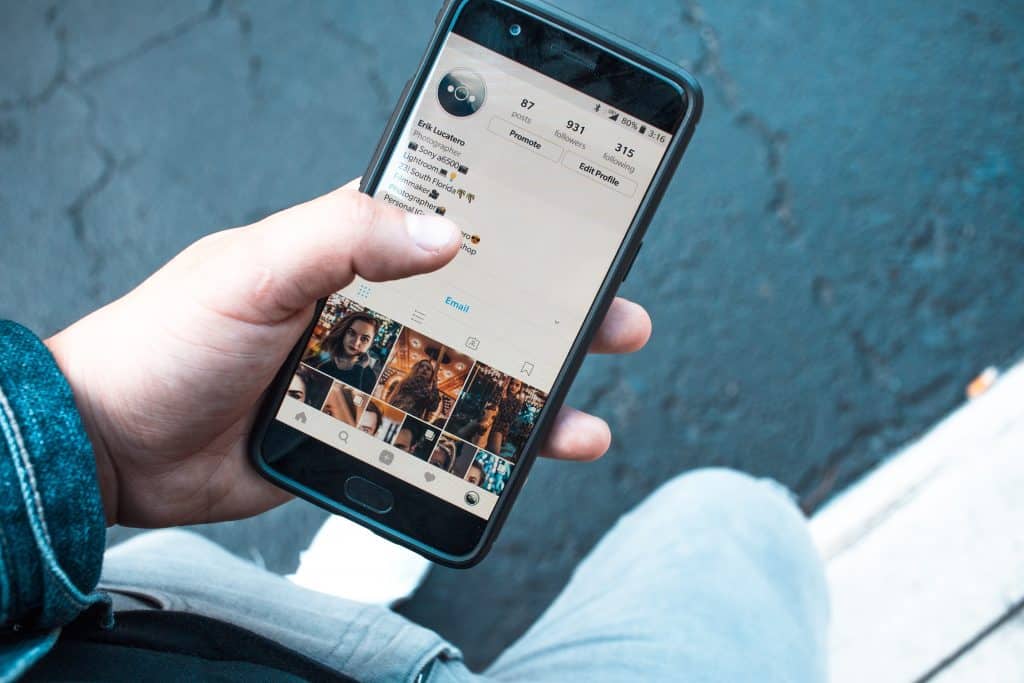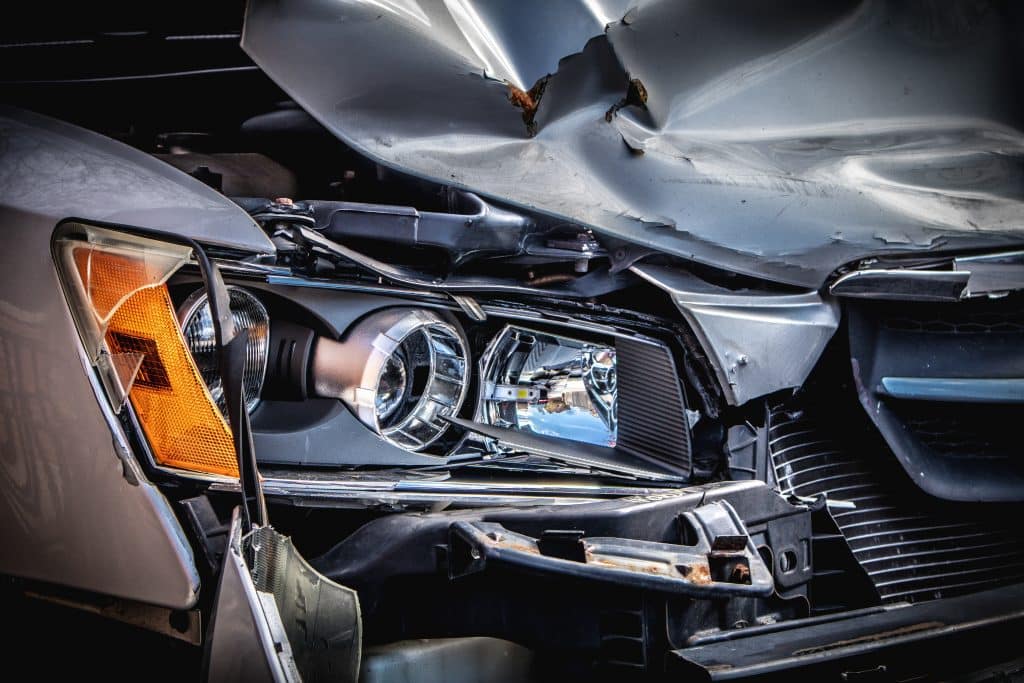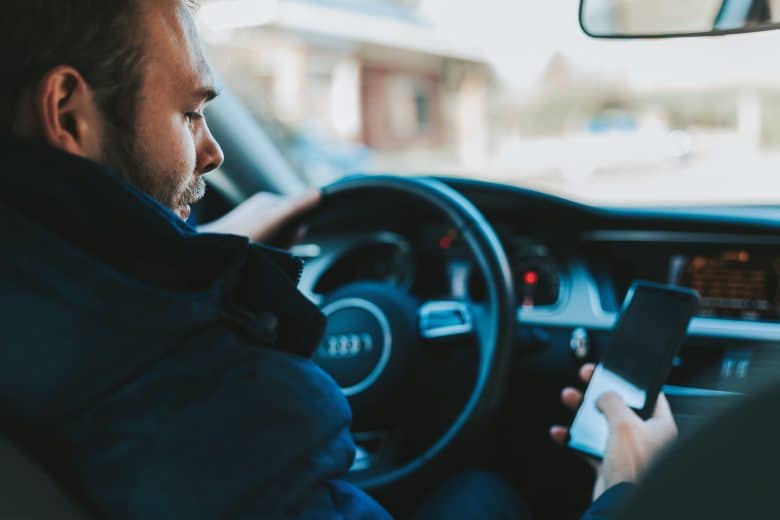A single social media post can ruin your chance of winning your car accident lawsuit, even if you were the victim. Posting on social media after an accident is highly risky, and even a seemingly-innocuous post could give a judge or jury the wrong impression, depriving you of the compensation to which you’re entitled. Find out what types of posts can inadvertently harm your case and how to avoid running into trouble due to your online activities.
Can Social Media Posts Be Used As Evidence?
Social media posts can be used as evidence in your case. Your accounts may be subpoenaed and posts you’ve made used against you. You might be tempted to delete your account or posts you think might be incriminating, but this would count as destroying evidence, so you should simply leave your accounts as they are. The best way to stay out of trouble on social media is to avoid making incriminating posts in the first place.

How can a simple tweet or Insta post land you in hot water? These are some of the reasons:
You Seem to Admit Fault
Perceptions are everything going into your case, and even a single post can tilt the scales against you. Anything you can that implies you weren’t in full control of your vehicle and aware of your surroundings can be used against you. Even an offhand comment saying you were surprised the accident happened could be used to support the case that you were driving carelessly and bear some or full responsibility for the accident, even if you weren’t.
The Story Doesn’t Add Up
Your version of the accident could come under scrutiny if you make social media posts that seem to contradict it. Simple statements such as:
- “I’m glad I made it”
- “It could have been so much worse”
- “I’m okay”
can be used to undermine your injury claim. Other statements that seem to contradict the chronology of events you gave to police can be used to present you as unreliable.

Your Injuries Don’t Look So Bad
You just survived a serious accident, and even though you’re worse for the wear, you want to celebrate life with your friends. Or maybe you escaped with “just” a crank in your neck that isn’t going away and want to celebrate that it wasn’t worse. Unfortunately, any posts that show you out and about can be used to minimize the extent of your injuries. You could be deprived of the compensation you’re owed simply for showing the world you survived your accident.
Your Location is Compromising
Social media posts can also show where you were when you made them. If you made any posts prior to your accident (or during it), you’ll be asked what you were doing at those places. If you were engaged in a dangerous or risky activity, or if you’ve appeared at such a location in the past, a lawyer can try to establish a pattern of behavior on your part that made an accident more likely.
#TMI
Any information about your accident is confidential unless you volunteer it. Unfortunately, this could be exactly what you’re doing on social media. Information that you post about your mental or emotional state, the accident itself, and even your past online behaviors can be used against you, especially if you seem to apologize for or be remorseful of the accident. Avoid sharing any information after your crash if possible, or you could be haunted by your own words.
Bottom Line
If you’ve suffered injuries in a car accident, you’ll want to speak with a qualified personal injury lawyer as soon as possible. We’ve helped our clients recover millions in car accident lawsuits and can provide you with the expertise you need to recover financially from yours.













Leave a Reply